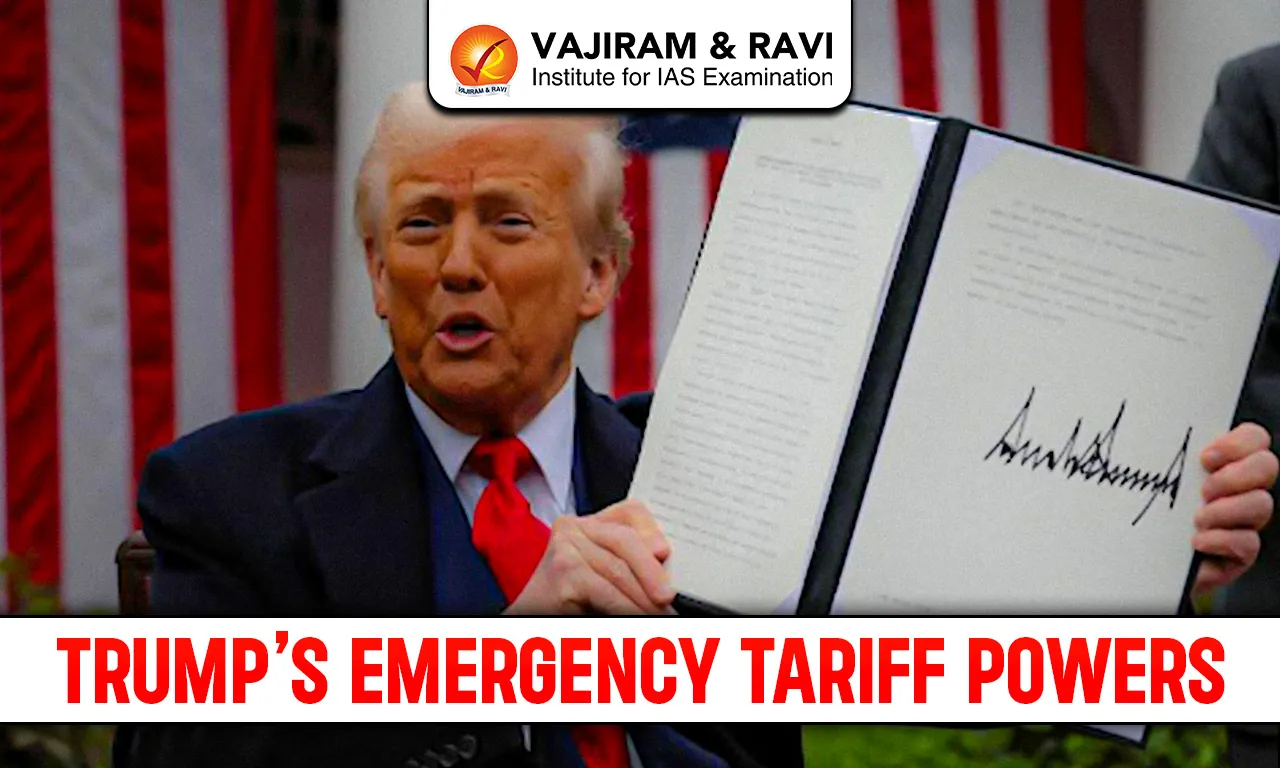What’s in Today’s Article:
- Presidential Election in Brazil – Electoral system, voting eligibility, election process
- News Summary
Why In News:
- Brazilian leftist leader Luiz Inacio Lula da Silva narrowly defeated President Jair Bolsonaro in a run-off election.
- The Supreme Electoral Court declared Mr. Lula the next President, with 50.9% of votes against 49.1% for Mr. Bolsonaro.
Presidential Election in Brazil
Electoral system
- Brazil is a presidential republic. The president and state governors are elected by an absolute majority with a run-off election, if necessary.
- The president and state governors may serve for two consecutive four-year terms.
- The Constitution does not prohibit a third non-consecutive term. Hence, they may run again after a subsequent four-year term.
- The Constitution defines three electoral systems for different positions, which are detailed in the Electoral Code:
- A simple majority system is used to elect senators;
- An absolute majority system is used to elect the president and governors; and
- A proportional representation system is used to elect federal districts & state deputies.
- Elections for the 81-member Federal Senate take place every four years, alternately for one-third and two-thirds of its members.
- At the election, held recently, one-third, or 27, senators are to be chosen.
Voting eligibility
- Voting is compulsory in Brazil for all those who are literate and aged between 18 and 70. The Electoral Code defines the civil penalties for eligible voters if they fail to vote.
- People aged 16 to 17 or older than 70 or who cannot read or write can cast a ballot if they wish.
Election Process
- Under Brazil’s election rules, if no candidate in the elections for president and governors receives more than 50% of the vote, there will be a second round.
- In the current election, held on October 2, none of the contesting candidates was able to secure at least 50% of the votes.
- Hence, the top two – leftist former leader Lula and incumbent far-right president Bolsonaro – advance to a second-round election, held on Oct. 30.
News Summary
- In a closely fought election, Luiz Inácio “Lula” da Silva has beaten the incumbent far right-wing Jair Bolsonaro to become the next president of Brazil.
- Lula da Silva is a former union leader who served as the president of Brazil for two consecutive terms between 2002 and 2010.
- Lula’s rule saw Brazil’s economy grow rapidly even as he used government revenues to launch several social welfare programmes such as Bolsa Familia.
- Bolsa Familia was essentially about providing cash to poor families conditional upon their sending their kids to schools and getting them regular health checks.
- Lula’s rule saw Brazil’s economy grow rapidly even as he used government revenues to launch several social welfare programmes such as Bolsa Familia.
- After becoming the President, Lula will have to face the following key challenges:
- Faltering economy
- Worsening joblessness
- Rising inflation
- Rising government debt
- Widening political differences
Last updated on February, 2026
→ UPSC Notification 2026 is now out on the official website at upsconline.nic.in.
→ UPSC IFoS Notification 2026 is now out on the official website at upsconline.nic.in.
→ UPSC Calendar 2026 has been released.
→ UPSC Final Result 2025 is expected to be released in the second week of April 2026.
→ Check out the latest UPSC Syllabus 2026 here.
→ Join Vajiram & Ravi’s Interview Guidance Programme for expert help to crack your final UPSC stage.
→ UPSC Mains Result 2025 is now out.
→ UPSC Prelims 2026 will be conducted on 24th May, 2026 & UPSC Mains 2026 will be conducted on 21st August 2026.
→ The UPSC Selection Process is of 3 stages-Prelims, Mains and Interview.
→ Prepare effectively with Vajiram & Ravi’s UPSC Prelims Test Series 2026 featuring full-length mock tests, detailed solutions, and performance analysis.
→ Enroll in Vajiram & Ravi’s UPSC Mains Test Series 2026 for structured answer writing practice, expert evaluation, and exam-oriented feedback.
→ Join Vajiram & Ravi’s Best UPSC Mentorship Program for personalized guidance, strategy planning, and one-to-one support from experienced mentors.
→ Check UPSC Marksheet 2024 Here.
→ UPSC Toppers List 2024 is released now. Shakti Dubey is UPSC AIR 1 2024 Topper.
→ Also check Best UPSC Coaching in India




















